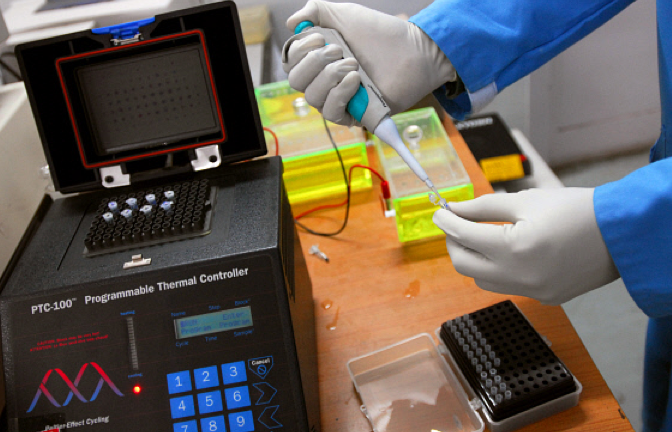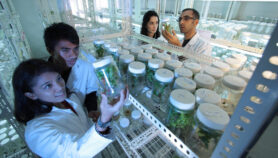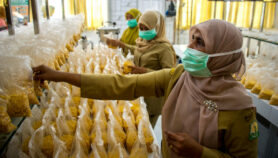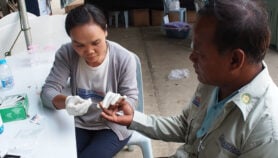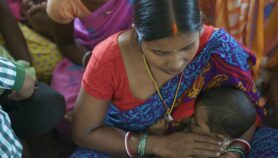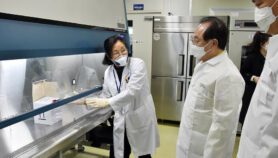By: Fatima Arkin
Send to a friend
The details you provide on this page will not be used to send unsolicited email, and will not be sold to a 3rd party. See privacy policy.
[MANILA] A new initiative that aims to make research agreements fair and equitable kicked off in the Philippines (20 April) as part of a collaboration framework to strengthen regional health research cooperation.
The Research Fairness Initiative (RFI), developed by the Geneva-based Council on Health Research for Development (COHRED), was test-run at a workshop by members of both the Philippine public and private sectors involved in health research.
The initiative comes at a time when the Philippines is experiencing growth in local research initiatives and international collaborations, according to Jaime Montoya, executive director of the Philippine Council for Health Research and Development (PCHRD), the lead coordinating agency for health research in the country, which conducted the internal workshop.
“We should be able to maximise the benefits from the RFI that will further promote and improve international research collaborations and partnerships,” Montoya tells SciDev.Net.
The RFI officially launches this July and will require users from all sectors and industries to submit a report based on set guidelines that provide credible and measurable steps to increase research capacity, particularly of low- and middle-income countries. These reports will be used as a key management tool to help increase awareness of an institution’s strengths, weaknesses and opportunities for growth. The reports will be uploaded to an online platform and made accessible to other institutions that have produced reports.
“The institution can then further understand how potential partners function, in addition to being inspired to improve due to the information made available by successful partners' reports,” Lauranne Botti, who’s managing the RFI at COHRED, tells SciDev.Net.
The RFI will simultaneously assess the extent to which institutions are fair partners through a series of meta-analyses that will compare and contrast the data collected from the reports provided. Sample indicators of
fairness include whether or not institutions place more importance in benefit sharing between partners than in having an adequate ethics review.
Aside from the Philippines, workshops on the RFI are currently being organised in Kenya, Nigeria and Senegal. About 63 universities and research centres in Africa, Asia and Oceania, including the Philippines and Thailand, have expressed interest in the initiative.
The guidelines for conducting fair research practices would be particularly useful to Asians, says Amelia Guevara, undersecretary for research and development at the Philippine Department of Science and Technology, who attended a meeting last year in London on the RFI.
“We (Asians) are not too vocal about things,” Guevara says. “Sometimes you cannot express what you want, but you want to say something. That’s very critical in future partnerships. From the very start, there has to be that mutual respect.”
This piece was produced by SciDev.Net’s South-East Asia & Pacific desk.


